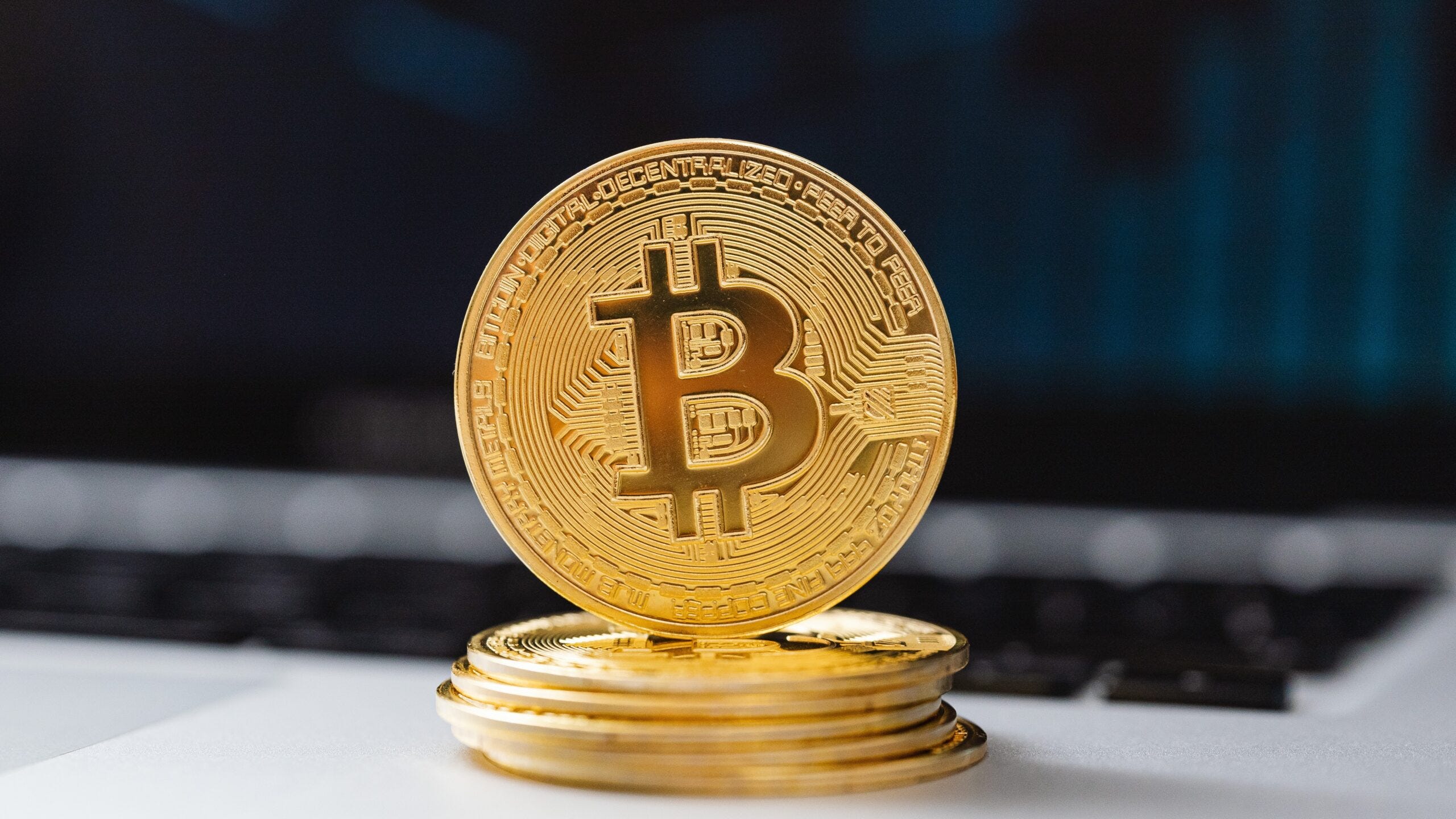
Which rely on intermediaries to facilitate transactions, DEXs operate on blockchain networks, allowing users to trade directly with one another without the need for a trusted third party. This shift towards decentralization aligns with the core principles of cryptocurrencies, namely decentralization, transparency, and autonomy. In the future, DEXs could become the preferred choice for traders seeking greater security and control over their assets.
Another key aspect shaping the future of crypto exchanges is the integration of advanced technologies such as artificial intelligence (AI) and blockchain. AI-powered algorithms can analyze vast amounts of trading data in real-time, providing traders with valuable insights and predictive analytics. By leveraging blockchain technology, exchanges can enhance security, transparency, and efficiency, thereby improving the overall trading experience for users. Additionally, the use of smart contracts enables the automation of various trading processes, reducing the need for manual intervention and minimizing the risk of errors or fraud.
Interoperability is another trend that is likely to define the future of crypto exchange platforms. As the number of cryptocurrencies and blockchain networks continues to proliferate, interoperability solutions are essential for facilitating seamless asset transfers across different platforms. Projects such as cross-chain bridges and interoperability protocols aim to bridge the gap between disparate blockchain networks, enabling users to access a broader range of assets and liquidity pools. This interoperability not only fosters greater liquidity but also promotes innovation and collaboration within the crypto ecosystem.
Regulatory compliance is an area that will undoubtedly influence the future development of crypto exchanges. As governments around the world seek to establish regulatory frameworks for cryptocurrencies, exchanges will need to adapt to comply with evolving legal requirements. While some regulatory initiatives aim to enhance consumer protection and market integrity, excessive regulation could stifle innovation and hinder the growth of the crypto industry. Striking the right balance between regulation and innovation will be crucial for the long-term success of crypto exchange platforms.
The future of crypto exchange platforms is also closely intertwined with the broader trends shaping the global financial landscape. As institutional interest in cryptocurrencies continues to grow, crypto exchanges will need to cater to the unique needs and preferences of institutional investors. This could involve the introduction of specialized trading instruments, institutional-grade security measures, and compliance solutions tailored to institutional clients. Furthermore, the integration of cryptocurrencies into traditional financial infrastructure, such as payment systems and asset management platforms, could open up new avenues for trading and investment.
The future of crypto exchange platforms is characterized by decentralization, technological innovation, interoperability, regulatory compliance, and institutional adoption. As the crypto industry matures and evolves, exchanges will need to continuously adapt and innovate to meet the evolving needs of traders and investors. By embracing these trends and leveraging emerging technologies, crypto exchanges can position themselves at the forefront of the digital economy, shaping the way we trade and invest in cryptocurrencies for years to come.




